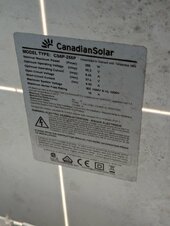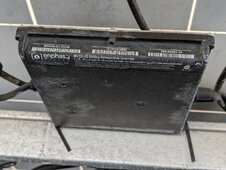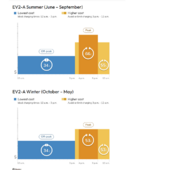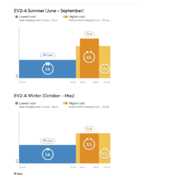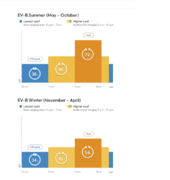someguyondiysolarforum
New Member
Hi everyone, I have existing solar on my roof with about 14 panels. I believe it is 140w 255w panels. I saw something in the paperwork about enphase micro inverters. I am located in San Francisco and tired of paying PG&E exorbitant rates. I was interested in Tesla Powerwall 3 but I saw a youtube video that said it is not compatible with existing solar panels? I was looking through youtube videos and I was thinking about getting the EG4 18k hybrid inverter along with 30kwh of server rack batteries. I don't know if this is over kill or not. I currently use about 700-800kwh of electricity per month or about 30kwh per day. I charge my tesla model y about 5-6 times a month. Through my research, I don't think my panels will produce enough electricity for my use but I want to be able to do energy arbitrage and store energy in the batteries from the grid. What do you guys think of my plan? Can you guys recommend me a system that fits my needs for less money? Thank you guys in advance.
EDIT: Hi guys, I went on the roof today and took pictures of the equipment pictured below. so it is actually 255W canadian solar panels with enphase M215 micro inverters. so does this mean 255w * 14 panels = 3570. then 3570 * 5 (hours of sunlight) = 17850 kwh per day?
EDIT: Hi guys, I went on the roof today and took pictures of the equipment pictured below. so it is actually 255W canadian solar panels with enphase M215 micro inverters. so does this mean 255w * 14 panels = 3570. then 3570 * 5 (hours of sunlight) = 17850 kwh per day?
Attachments
Last edited:



